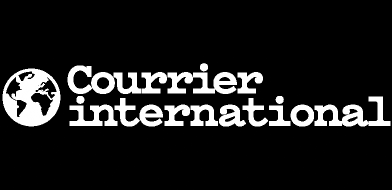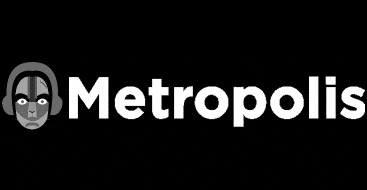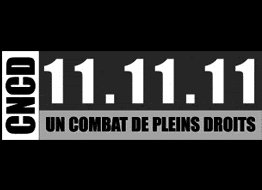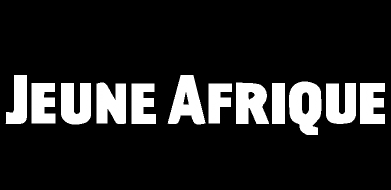[guestbook-title]
Google TranslateWhat about #Love?
Love is on the line, along borders around the world, including at the U.S.-Mexico frontera. The 2000-mile-long línea is thought of as an open wound, a wound that tears at the heart again and again, every time a family is separated. Every time a U.S. born-child sees her mother being deported and forced to return to her motherland. The line stops traffic. It slows down the flow of goods and people, but it does not, it will never stop the love between mother and child, husbands and wives, brothers and sisters, or transnational friends who reach out to each other as a daily ritual. Love extends across borders, and is much stronger than any wall.
Love is on the line at another of the world’s tough border regions, the Israeli-Palestinian divide, a region usually defined by war. Yet, through social media, Palestinian and Israeli youth have begun to reach out to each other using the phrases, “Palestine loves Israel,” and “Israel loves Palestine.” Lines can create mistrust, misunderstanding, and hate, but not always, as the human heart thrives. The human heart yearns to understand. It wants to love, even when on the line.
http://thepeacefactory.org/palestine-loves-israel/
http://thepeacefactory.org/israel-loves-palestine/
Author bio:
Celeste González de Bustamante is an associate professor at the University of Arizona the School of Journalism, an affiliated faculty member of the UA Center for Latin American Studies. She is author of “Muy buenas noches,” Mexico, Television and the Cold War, co-editor of Arizona Firestorm: Global Immigration Realities, National Media, and Provincial Politics, and current head of the Border Journalism Network/La red de periodistas de la frontera. She reported and produced commercial and public television for more than 16 years, covering politics and the U.S.-Mexico border.
Read More
Love is on the line, along borders around the world, including at the U.S.-Mexico frontera. The 2000-mile-long línea is thought of as an open wound, a wound that tears at the heart again and again, every time a family is separated. Every time a U.S. born-child sees her mother being deported and forced to return to her motherland. The line stops traffic. It slows down the flow of goods and people, but it does not, it will never stop the love between mother and child, husbands and wives, brothers and sisters, or transnational friends who reach out to each other as a daily ritual. Love extends across borders, and is much stronger than any wall.
Love is on the line at another of the world’s tough border regions, the Israeli-Palestinian divide, a region usually defined by war. Yet, through social media, Palestinian and Israeli youth have begun to reach out to each other using the phrases, “Palestine loves Israel,” and “Israel loves Palestine.” Lines can create mistrust, misunderstanding, and hate, but not always, as the human heart thrives. The human heart yearns to understand. It wants to love, even when on the line.
http://thepeacefactory.org/palestine-loves-israel/
http://thepeacefactory.org/israel-loves-palestine/
Author bio:
Celeste González de Bustamante is an associate professor at the University of Arizona the School of Journalism, an affiliated faculty member of the UA Center for Latin American Studies. She is author of “Muy buenas noches,” Mexico, Television and the Cold War, co-editor of Arizona Firestorm: Global Immigration Realities, National Media, and Provincial Politics, and current head of the Border Journalism Network/La red de periodistas de la frontera. She reported and produced commercial and public television for more than 16 years, covering politics and the U.S.-Mexico border.
Hide Info















